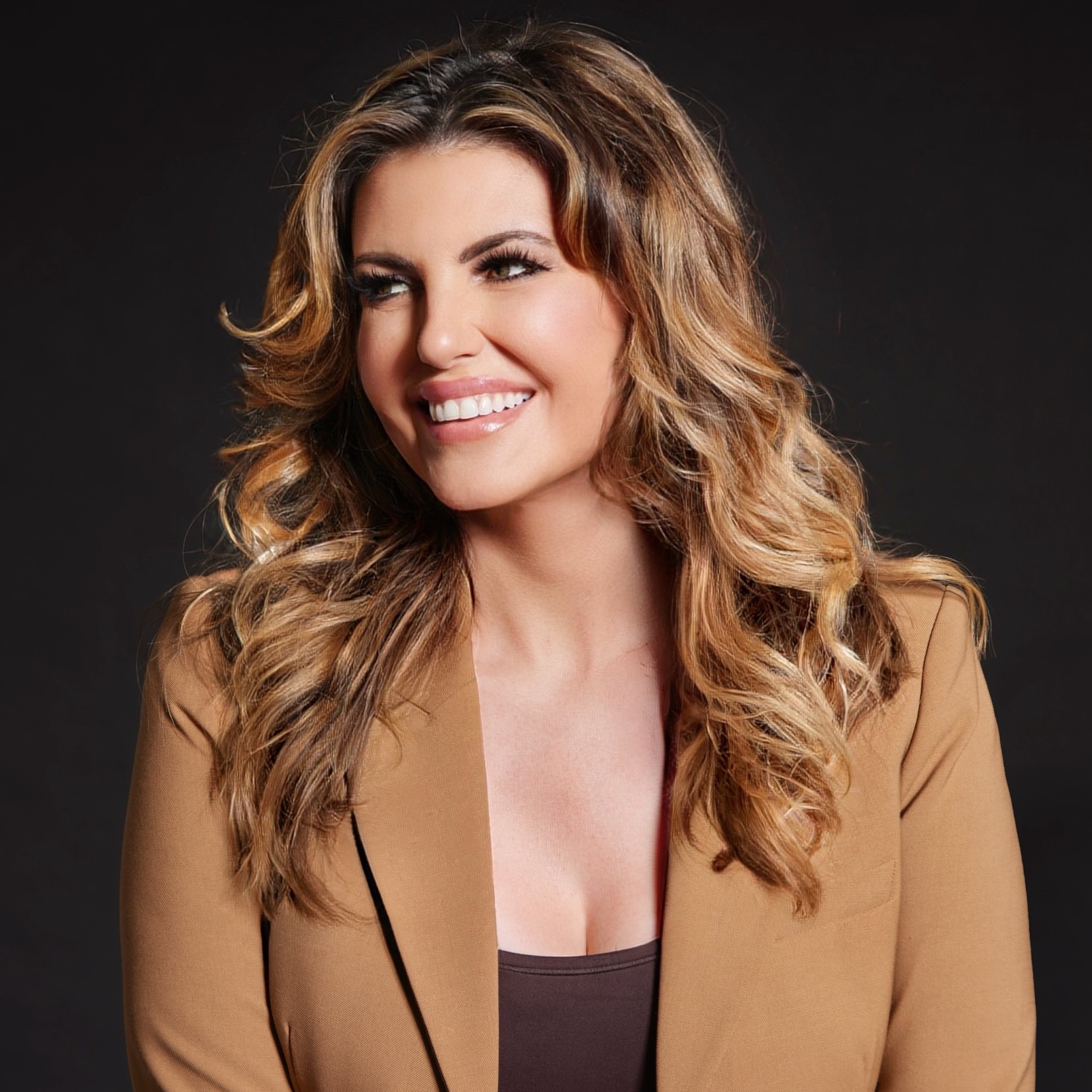
The Quiet Armor Men Carry Into Dating After Divorce
July 17, 2025

For men reentering relationships and wondering why they still feel guarded.
Why Divorce Changes the Way Men Love
For many men, dating after divorce comes with a quiet complexity that rarely gets named. You’ve done what most people would call moving on. You’ve gone through the legal process, rebuilt a life that makes sense on paper, and maybe even started dating again. But deep down, something still feels off. And whether you admit it to anyone or not, you feel it.
You meet someone who’s kind and attractive, someone who seems like the opposite of your ex. You’re telling yourself it should be working, but there’s a persistent detachment. You’re present physically, but not emotionally. You don’t feel like yourself. And you’re not entirely sure why.
Here’s the truth: divorce changes your nervous system. Especially if it ended with betrayal, long stretches of emotional silence, or the shock of being blindsided. Even if you looked like you handled it well, the impact on your sense of emotional safety is real. And that matters more than most people realize.
How “Low-Risk” Relationships Keep You Numb
What we see over and over again in therapy is this: men carry their heartbreak differently. Not with public meltdowns or dramatic exits, but with a quiet internal shutdown. They stay high-functioning and generous. They get things done. But underneath that competence is a man who doesn’t quite believe real intimacy is safe anymore. So he doesn’t reach for it. Not fully.
That’s where the pattern begins. After divorce, many men unconsciously seek out women who feel emotionally easy. She may be upbeat and supportive, someone who never asks too much. It feels calm, almost like a reward for surviving the past. But over time, it starts to feel flat. You notice she doesn’t really know your inner world, and maybe you’ve never invited her to. You’re admired, but not truly met.
This dynamic can fly under the radar because it doesn’t look unhealthy. It looks like harmony. But if you’re constantly performing a version of yourself that feels manageable instead of vulnerable, you’re not in a relationship. You’re in a long, well-rehearsed monologue.
It’s also not uncommon to end up with someone who seems wildly confident on the outside but avoids real emotional intimacy underneath. She may come across as secure and polished, even adored by others. But if the connection stays curated and surface-level, and if she’s more concerned with being impressive than being present, the relationship quickly becomes more about optics than closeness. You’re both acting out roles instead of doing real life together.
What Real Emotional Presence Looks Like
Dating after divorce requires a different kind of emotional work. You’re not just building something new. You’re rebuilding trust in yourself and others after it’s been fractured. That means unlearning what your body came to believe was dangerous and choosing to show up even when it’s uncomfortable. You may feel more cautious now. You may second-guess more. That doesn’t mean you’re broken. It means you’ve lived. But if you want a different kind of connection this time, it won’t come from avoiding emotional risk. It will come from developing the capacity to be seen again and letting yourself respond instead of react.
So if you’re dating again and something still feels off, take a closer look. Have you processed what happened or just pushed forward? Are you with someone who helps you grow, or someone who lets you hide in plain sight? Are you confusing comfort with compatibility?
You don’t need to return to dating like a younger version of yourself. You need to date like someone who has earned wisdom. Someone who is brave enough to stop performing and start connecting.
At The Montfort Group, we work with men to unpack emotional armor, process relational pain, and relearn how to trust what’s real. If you’re ready to stop playing it safe and actually feel something again, we’re here.

Cory is a licensed professional counselor and board-approved supervisor in Texas with extensive experience in mental health, crisis intervention, and relationship counseling. With a background in education and a Master’s in Counseling from Southern Methodist University, she specializes in supporting individuals, couples, and families. Beyond her clinical work, Cory is a dedicated community leader, having founded the nonprofit Together Richardson, acquired Richardson Living Magazine, and served on multiple leadership boards. She is passionate about blending professional expertise with faith-based mental health initiatives through her work with Beacon of Light.
accept
We use cookies to improve your browsing experience and ensure the website functions properly. By selecting 'Accept All,' you agree to our use of cookies.
© Tmg XXXX
Contact our office:
Already working with a Montfort Group clinician?
You can book or manage your next session here.
Stay Connected
Schedule Now